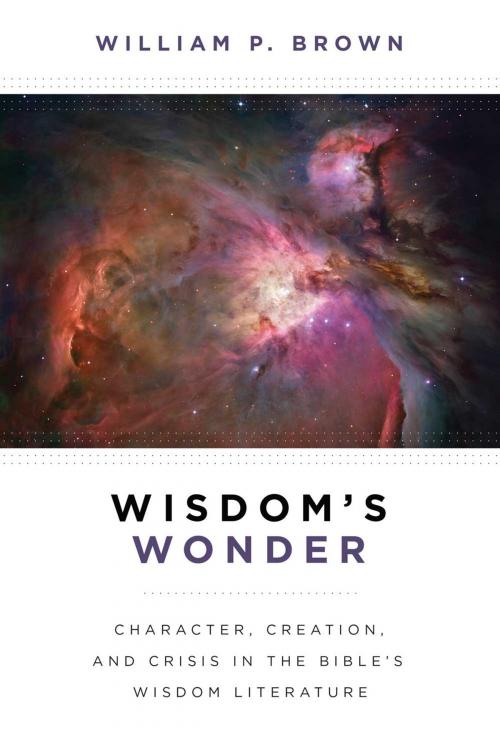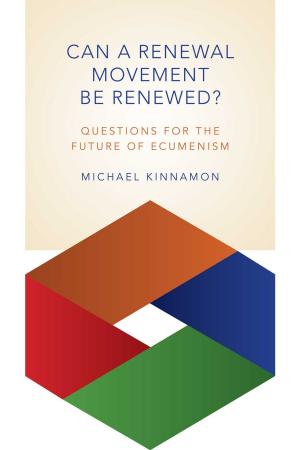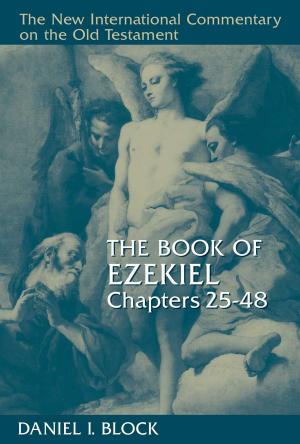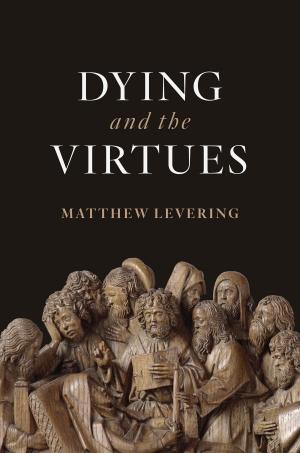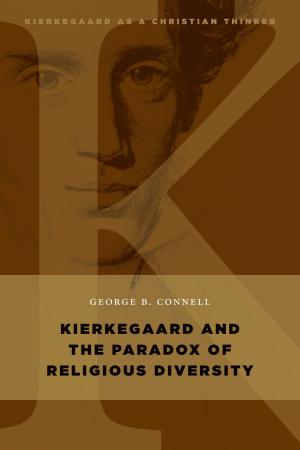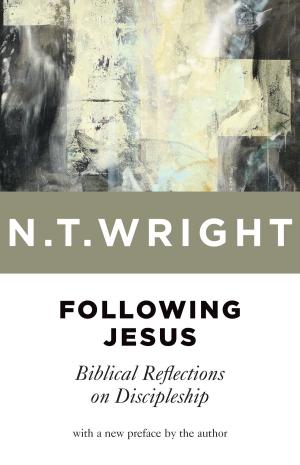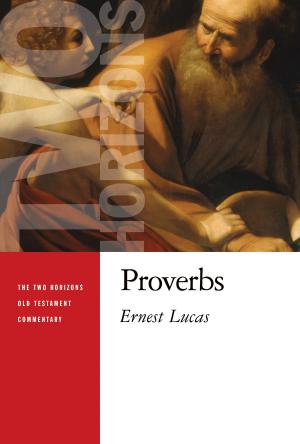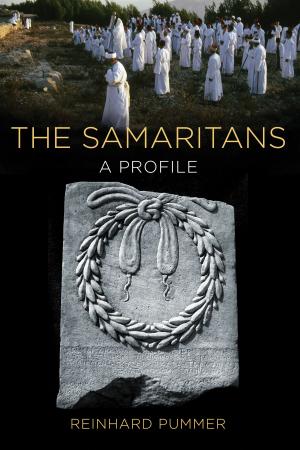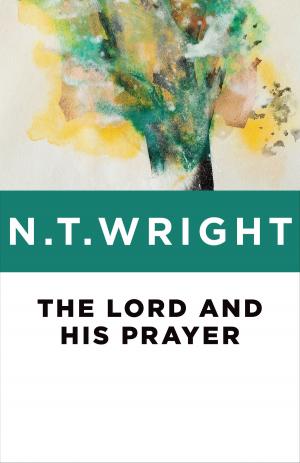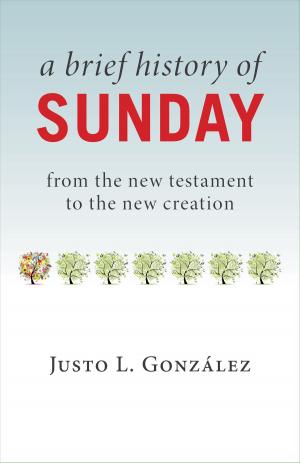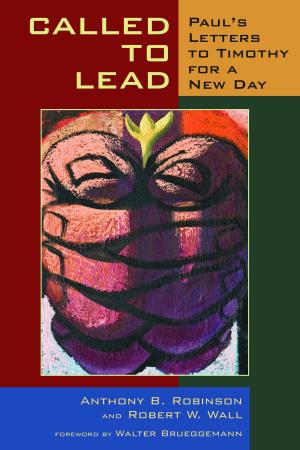Wisdom's Wonder
Character, Creation, and Crisis in the Bible's Wisdom Literature
Nonfiction, Religion & Spirituality, Bible & Bible Studies, Old Testament, Criticism & Interpretation, Study| Author: | William P. Brown | ISBN: | 9781467440356 |
| Publisher: | Wm. B. Eerdmans Publishing Co. | Publication: | March 11, 2014 |
| Imprint: | Eerdmans | Language: | English |
| Author: | William P. Brown |
| ISBN: | 9781467440356 |
| Publisher: | Wm. B. Eerdmans Publishing Co. |
| Publication: | March 11, 2014 |
| Imprint: | Eerdmans |
| Language: | English |
Wisdom's Wonder offers a fresh reading of the Hebrew Bible's wisdom literature with a unique emphasis on "wonder" as the framework for understanding biblical wisdom. William Brown argues that wonder effectively integrates biblical wisdom's emphasis on character formation and its outlook on creation, breaking an impasse that has plagued recent wisdom studies.
Drawing on various disciplines, from philosophy to neuroscience, Brown discovers new distinctions and connections in Proverbs, Job, and Ecclesiastes. Each book is studied in terms of its view of moral character and creation, as well as in terms of the social or intellectual crisis each book identifies. Most general treatments of the wisdom literature spend too much time on issues of genre, poetry, and social context at the neglect of discussing the intellectual and emotional power of the wisdom corpus. Brown argues that the real power of the wisdom corpus lies in its capacity to evoke the reader's sense of wonder.
An extensive revision and expansion of Brown's Character in Crisis (Eerdmans, 1996), this book demonstrates that the wisdom books are much more than simply advice literature: with wonder as the foundation for understanding, Brown maintains that wisdom is a process with transformation of the self as the goal.
Wisdom's Wonder offers a fresh reading of the Hebrew Bible's wisdom literature with a unique emphasis on "wonder" as the framework for understanding biblical wisdom. William Brown argues that wonder effectively integrates biblical wisdom's emphasis on character formation and its outlook on creation, breaking an impasse that has plagued recent wisdom studies.
Drawing on various disciplines, from philosophy to neuroscience, Brown discovers new distinctions and connections in Proverbs, Job, and Ecclesiastes. Each book is studied in terms of its view of moral character and creation, as well as in terms of the social or intellectual crisis each book identifies. Most general treatments of the wisdom literature spend too much time on issues of genre, poetry, and social context at the neglect of discussing the intellectual and emotional power of the wisdom corpus. Brown argues that the real power of the wisdom corpus lies in its capacity to evoke the reader's sense of wonder.
An extensive revision and expansion of Brown's Character in Crisis (Eerdmans, 1996), this book demonstrates that the wisdom books are much more than simply advice literature: with wonder as the foundation for understanding, Brown maintains that wisdom is a process with transformation of the self as the goal.
